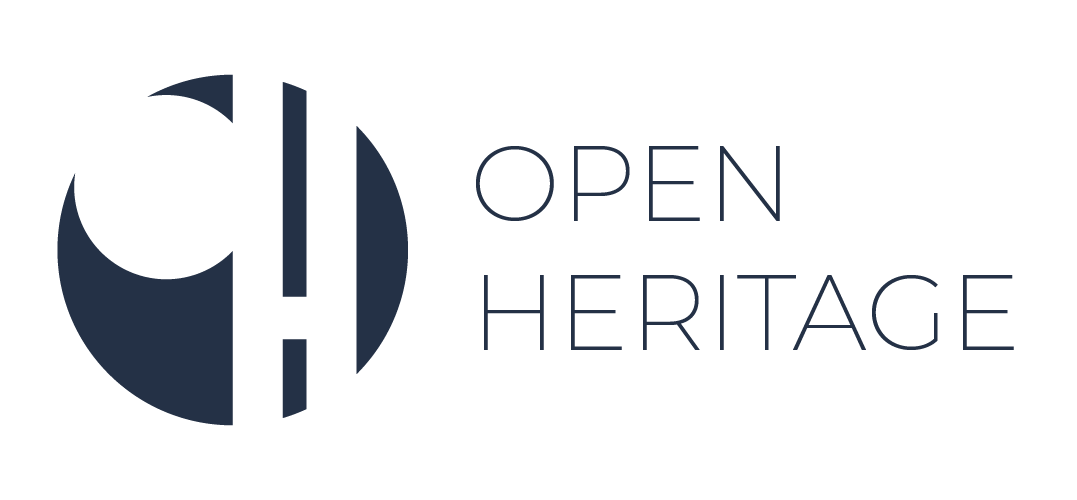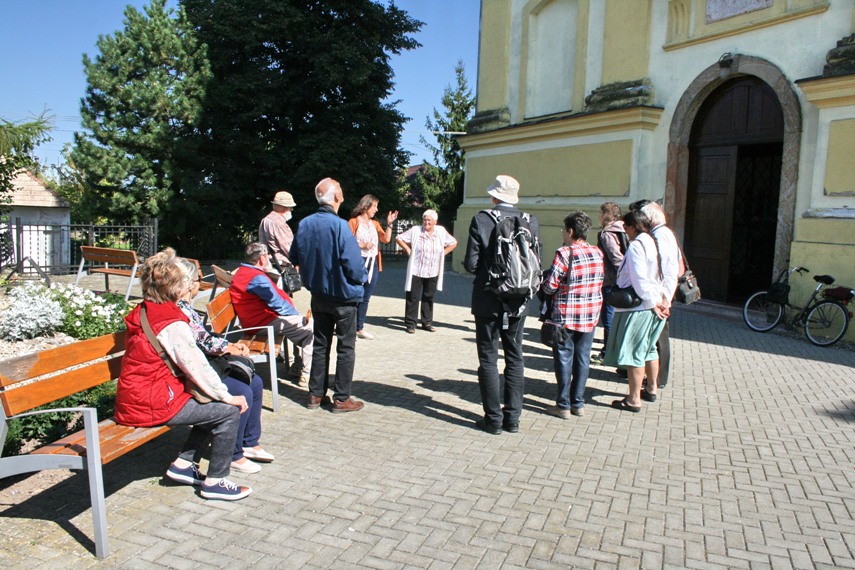One of the goals of the Pomáz Lab, an archaeological site and community hub in Hungary, is to develop and spread knowledge, but also to acquire knowledge on potential strategies of cultural heritage protection and presentation. After the Annual Meeting of Ethnographic Houses in September 2019, where the Lab and the Friends of Pomáz Association were also represented, a visit was organized to Szőgyén (Svodin), with the participation of members of the Friends of Pomáz Association, coming from different backgrounds and including an architect, an ethnographer, and experts on nature conservation and local history. Szőgyén is a small village in Slovakia with a considerable Hungarian community. This settlement maintains an outstanding ethnographic house and we hoped to establish long-lasting professional contacts and exchange ideas about spreading knowledge on tangible as well as intangible heritage in a varied and dynamic community. Szőgyén is an ethnically diverse village, just like Pomáz. Szőgyén was originally settled by Germans and Hungarians , and today it has, of course, lots of Slovakian inhabitants as well, while in Pomáz, five ethnic groups have mingled (Serbians, Hungarians, Germans, Slovakians and Roma). Although Szőgyén is relatively small, it maintains a number of well-kept heritage sites and institutions: the local archaeology museum, ethnographic house and medieval ruin garden house festivals and special community programs. Our visit mainly aimed to gain more information about their community building strategies in relation to heritage sites. Ideas drawn on these successful examples may be utilized at Pomáz as well. We visited the Szőgyén heritage sites with guided tours, consulted the local heritage experts, and participated in a local ethnographic festival.
All the photos of the visit are available here.

